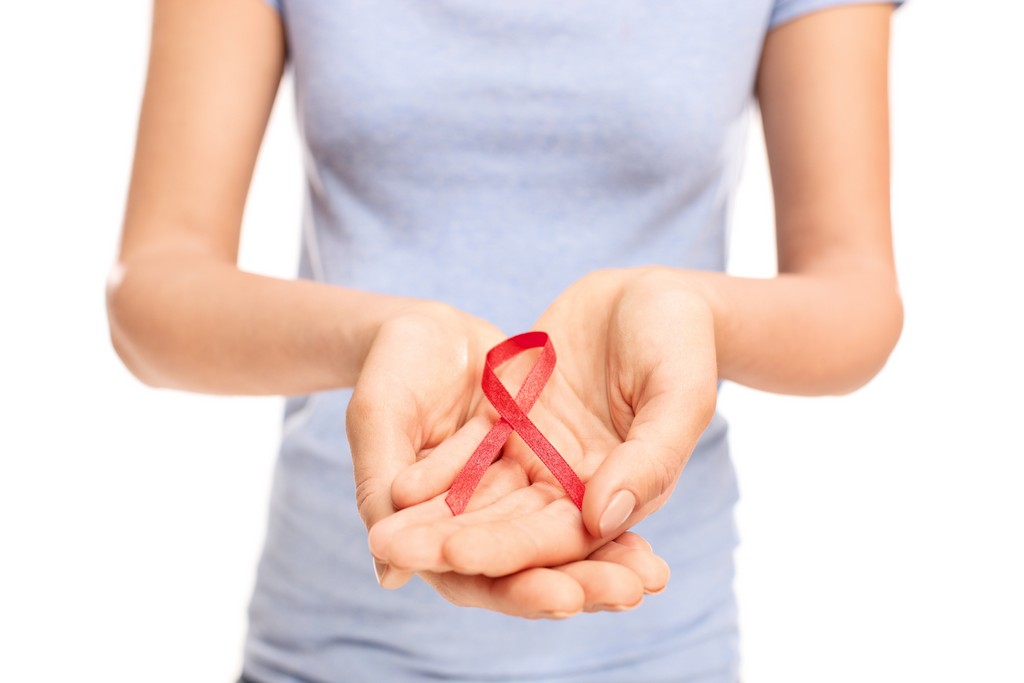Introduction
A diagnosis of HIV is not the end of life—it’s the beginning of a new chapter. Thanks to advances in medicine and public understanding, people living with HIV today can live long, healthy, fulfilling lives. With consistent treatment, a supportive network, and the right information, HIV can be managed like many other chronic conditions.
This article will guide you through the essentials of managing your health, building meaningful relationships, and overcoming the stigma associated with HIV.
1. Managing Your Health with HIV
Start Antiretroviral Therapy (ART) Immediately
The most important step is starting ART as soon as possible. ART:
- Controls the virus and keeps your immune system strong.
- Helps you achieve an undetectable viral load (U=U).
- Prevents transmission to sexual partners.
- Extends life expectancy to near-normal levels.
Stay Adherent to Medication
Missing doses can lead to drug resistance and a rise in viral load. Set reminders, use pillboxes, or tie your medication to daily routines.
Regular Medical Checkups
Stay in close contact with your healthcare provider for:
- Viral load and CD4 count monitoring
- Screening for other infections (e.g., hepatitis, STIs)
- Managing side effects or drug interactions
- Mental health support
Healthy Lifestyle Choices
- Nutrition: Eat a balanced diet rich in fruits, vegetables, lean protein, and whole grains.
- Exercise: Regular movement boosts immune health and mood.
- Sleep: Aim for 7–9 hours to aid overall well-being.
- Avoid smoking and limit alcohol: These can weaken your immune system and increase the risk of complications.
2. Mental and Emotional Health
Living with HIV can be emotionally challenging, especially after diagnosis. It’s normal to feel fear, sadness, anger, or anxiety—but you’re not alone.
Seek Mental Health Support
- Talk to a therapist or counselor who understands chronic illness.
- Join support groups, either in-person or online.
- Express yourself through journaling, art, or talking with trusted friends.
Build Resilience
- Educate yourself about HIV to reduce fear.
- Celebrate your wins—big or small.
- Focus on your strengths, goals, and things that bring you joy.
3. Navigating Relationships and Disclosure
Dating and Intimacy
HIV doesn’t mean you can’t date, have sex, or start a family.
- U=U: If your viral load is undetectable, you cannot transmit HIV sexually.
- Be honest and open when you’re ready. You deserve love and respect.
- Use protection if needed to prevent other STIs.
Starting a Family
People living with HIV can safely have children:
- With proper ART and medical support, the risk of transmitting HIV to a baby is less than 1%.
- Options like sperm washing, PrEP for HIV-negative partners, and planned delivery strategies ensure safety.
Disclosing Your Status
Disclosing your HIV status is personal. You’re not legally obligated to tell everyone—only in specific circumstances (e.g., sexual partners in some countries).
Tips for Disclosure:
- Choose a time and place where you feel safe.
- Educate the other person—many still have outdated views.
- Practice the conversation with a support person.
4. Tackling Stigma and Discrimination
Despite medical advances, stigma remains a major barrier.
Internalized Stigma (Self-Stigma)
Sometimes people living with HIV absorb society’s negative messages and feel shame or guilt.
- Remind yourself: HIV is a medical condition, not a moral judgment.
- Connect with others living with HIV who share your experiences.
- Use affirmations and positive self-talk to rebuild self-esteem.
Community and Legal Support
- Know your rights regarding employment, healthcare, and privacy.
- Many countries have laws against HIV-based discrimination.
- Join advocacy groups and use your voice to educate and empower others.
5. Staying Informed and Empowered
Knowledge is power when it comes to living well with HIV. Stay current on:
- New treatments or clinical trials
- Advances like long-acting injectables
- HIV prevention methods like PrEP and PEP for your loved ones
- Rights and protections under the law
Conclusion
Living with HIV today is a journey of strength, not shame. With the right tools, support, and mindset, you can live a life full of love, purpose, and joy. ART, emotional resilience, strong relationships, and community advocacy are your foundation.
You are not defined by your diagnosis—you are defined by how you live.
FAQs
Can I live a normal life with HIV?
Yes. With consistent treatment and care, people with HIV live long, healthy lives.
Do I have to take HIV medication for life?
Yes. ART is lifelong, but it keeps the virus suppressed and prevents transmission.
Can I have children if I’m HIV-positive?
Yes. With proper treatment and planning, HIV-positive individuals can have HIV-negative children.
Should I tell everyone about my HIV status?
No. Disclosure is personal and only required in specific legal or sexual contexts.
Can I still date or get married with HIV? Absolutely. U=U means you can have safe, fulfilling relationships without fear of transmission.






